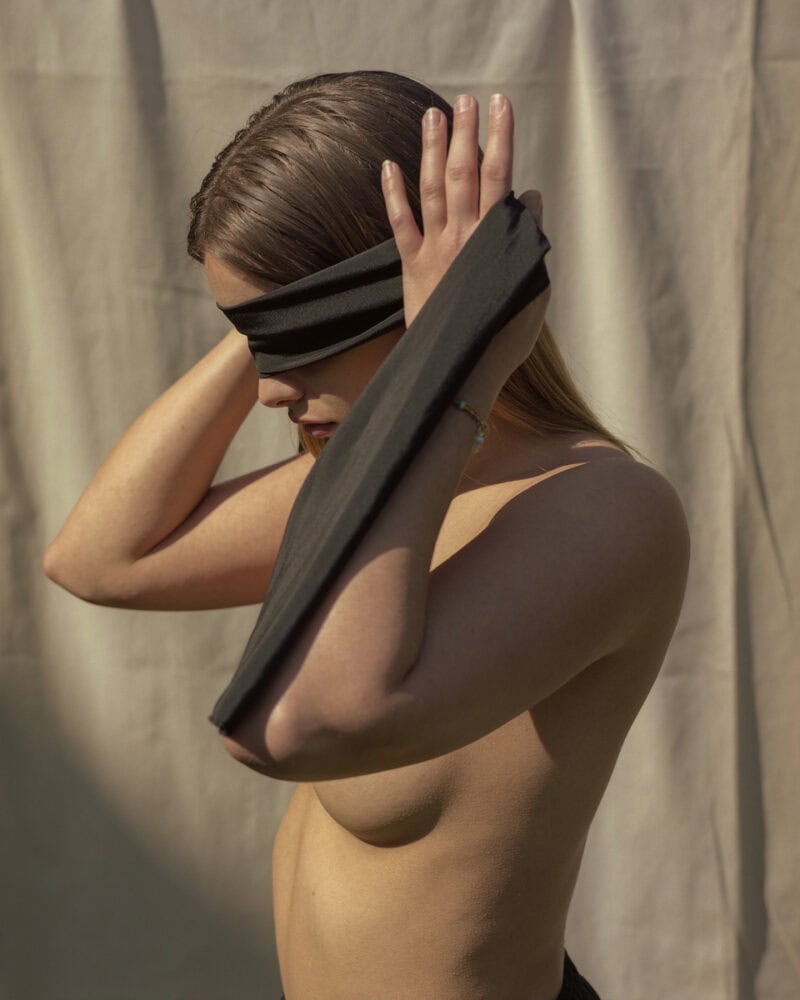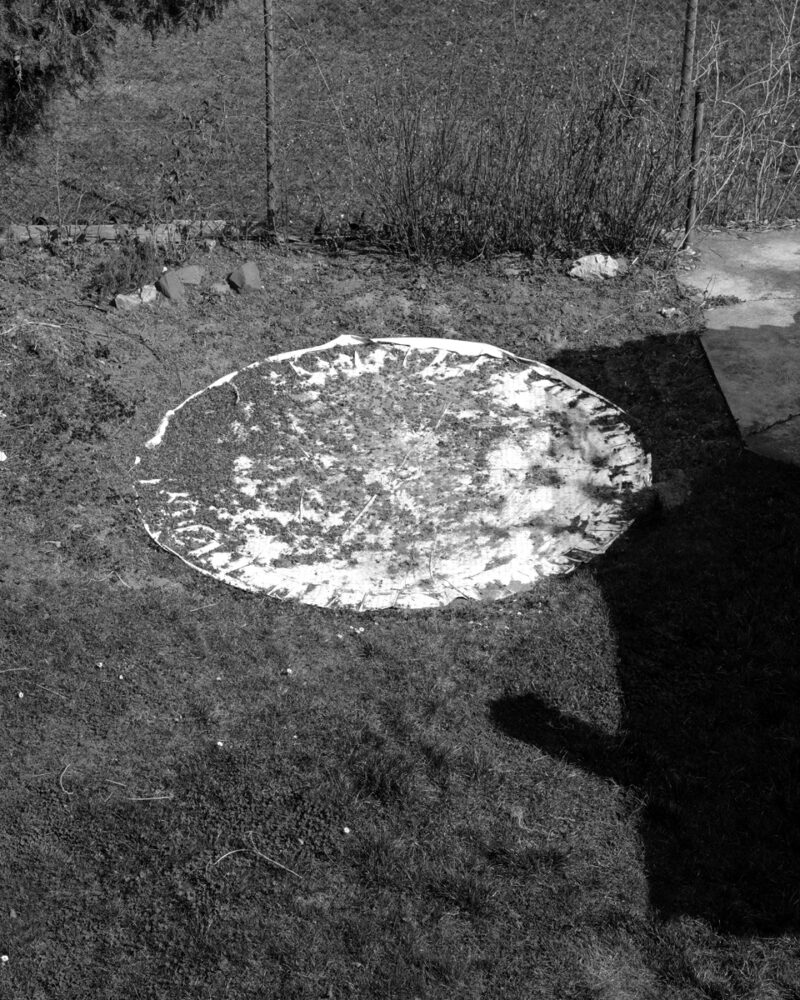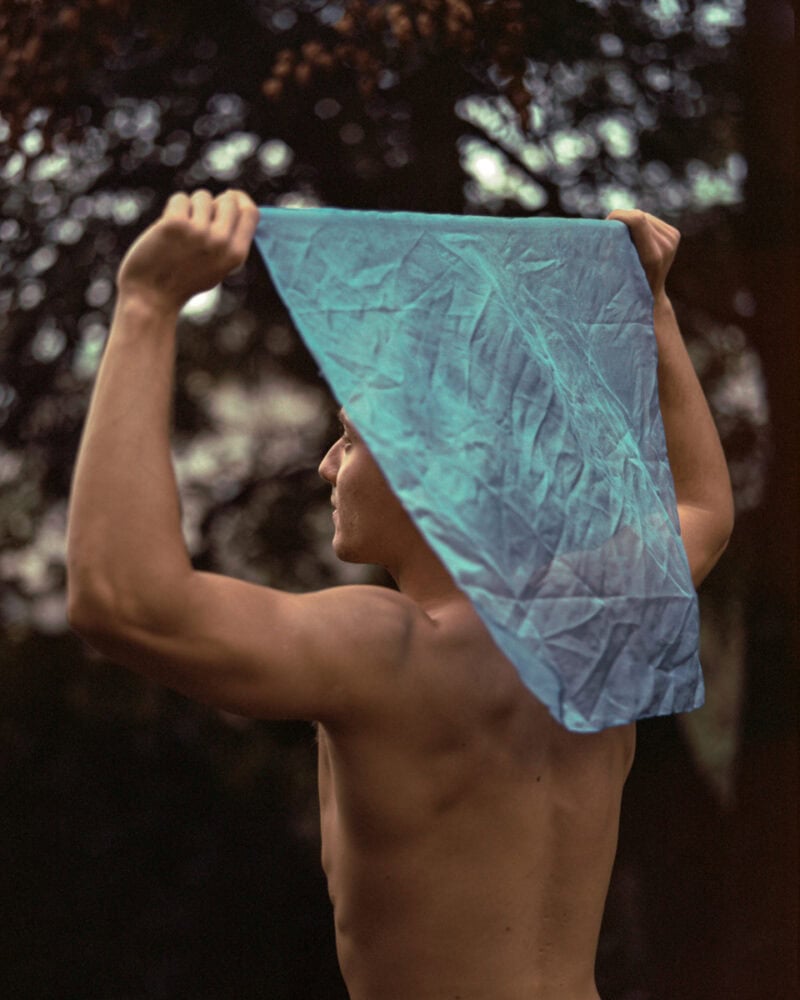Domonkos Varga (b. 1998) is a photographer and conceptual artist based in Budapest.
Domonkos Varga’s work portrays the influential elements of the world around him and his generation.
Simultaneously, he also has the will to make an impact on people by drawing attention to problematic contemporary social issues.
His projects are always featuring a well-researched background from which he constructs visual metaphors and builds up meaningful narratives.
He studied Photography at Moholy-Nagy University of Arts and Design (Budapest) and at Aalto University School of Arts and Design (Helsinki).
He is a Parallel Photo Platform 3rd cycle artist and also a member of Studio of Young Photographers (FFS) in Budapest.
About Seeing Through Smoke and Mirrors – words by Domonkos Varga:
In his project ‘Seeing Through Smoke and Mirrors’, Domonkos Varga deconstructs the basic concept of truth from the standpoint of our contemporary social environment.
As Nietzsche once said: “There are no facts, only interpretations.” The following quote stands as a statement supporting our present-day information disarray grasped by politicians and media outlets. The mindset of individuals became vulnerable owing to the idea of alternative facts. Consequently, the process of an ever-growing polarisation and mass disinformation matured ubiquitously.
With factuality losing its power, the very existence of objective truth fades away from our global social mentality.
Working with the medium of photography, Domonkos Varga examines the primal relevance of truth to help the realisation of a world of chaos. He decontextualises landscapes, gestures and poses in his metaphoric photographs to illustrate the notion of post-truth and the nihilistic situation of our uncertain social milieu. His visuals also interpret such problematic concepts as the representation in photography and the haphazard manner of viewpoints.
The title Seeing Through Smoke and Mirrors refers to a mirage. The origin of the phrase goes back to the 19th century as these two elements were the basis of the classical techniques in magical illusion and phantasmagoria shows.
In a figurative sense, the term could imply a condition. Where a more speculative and conspirative cognition challenges the rationalised knowledge of the Western culture.












